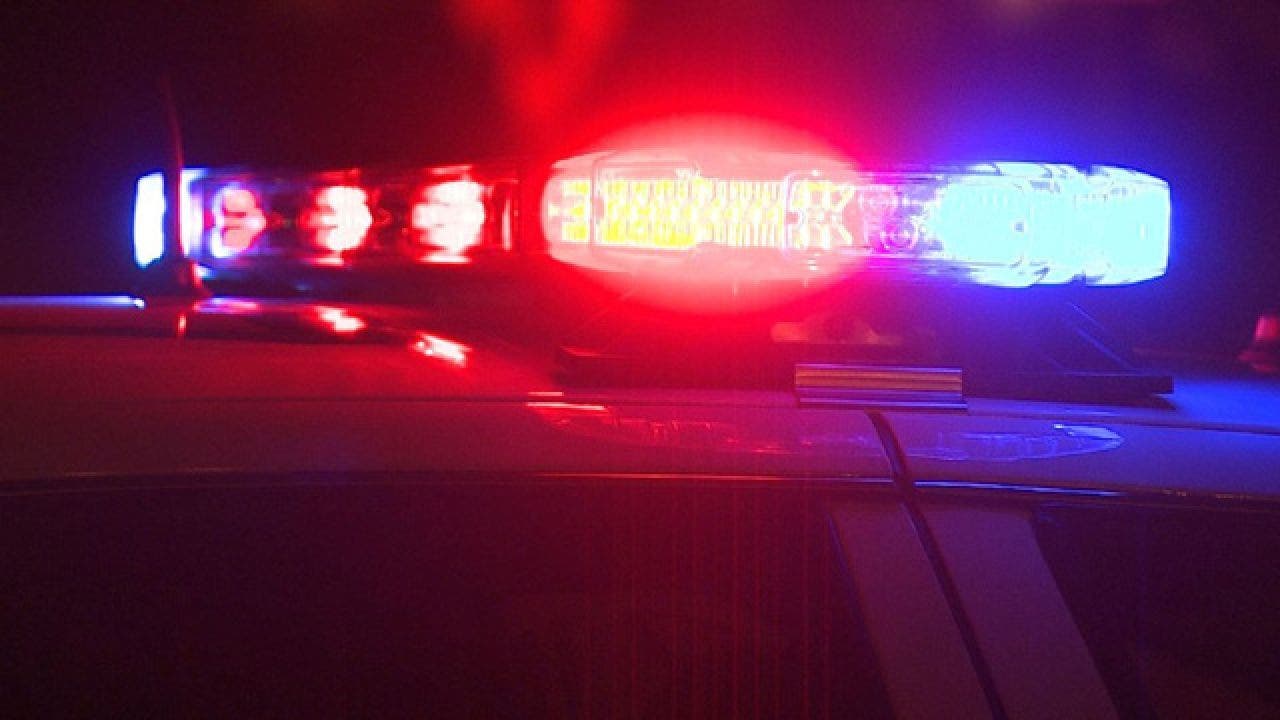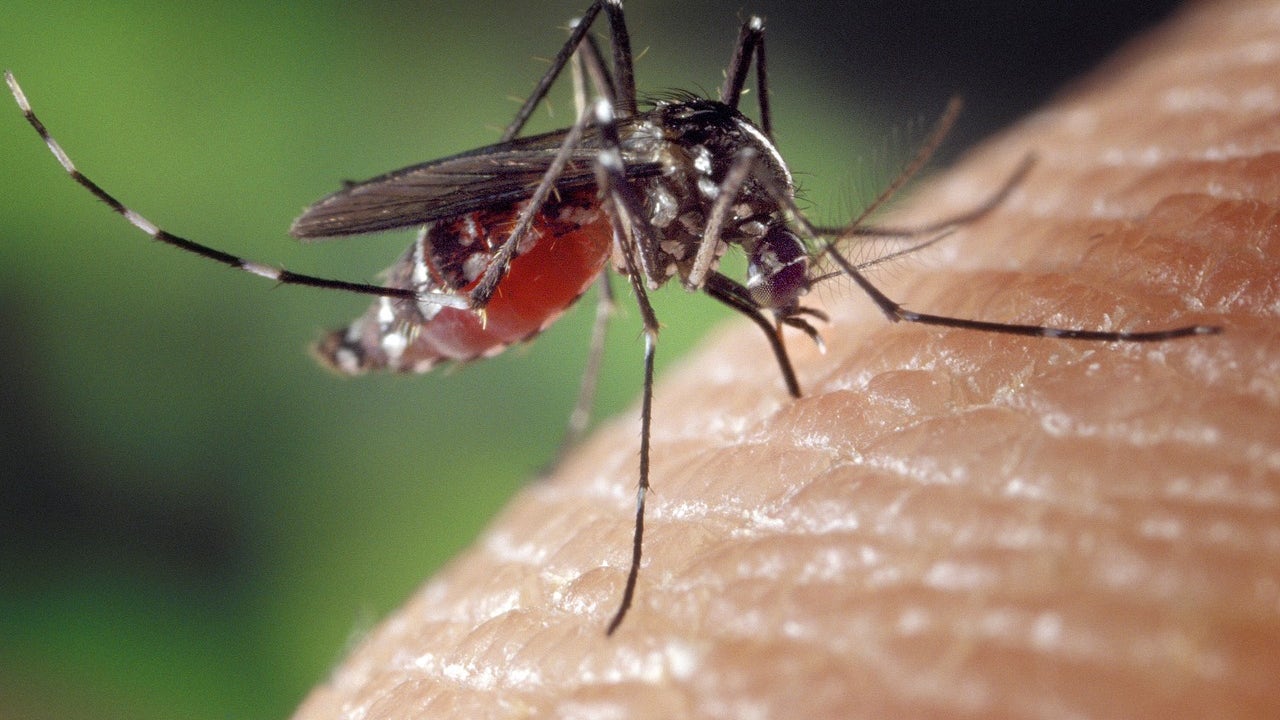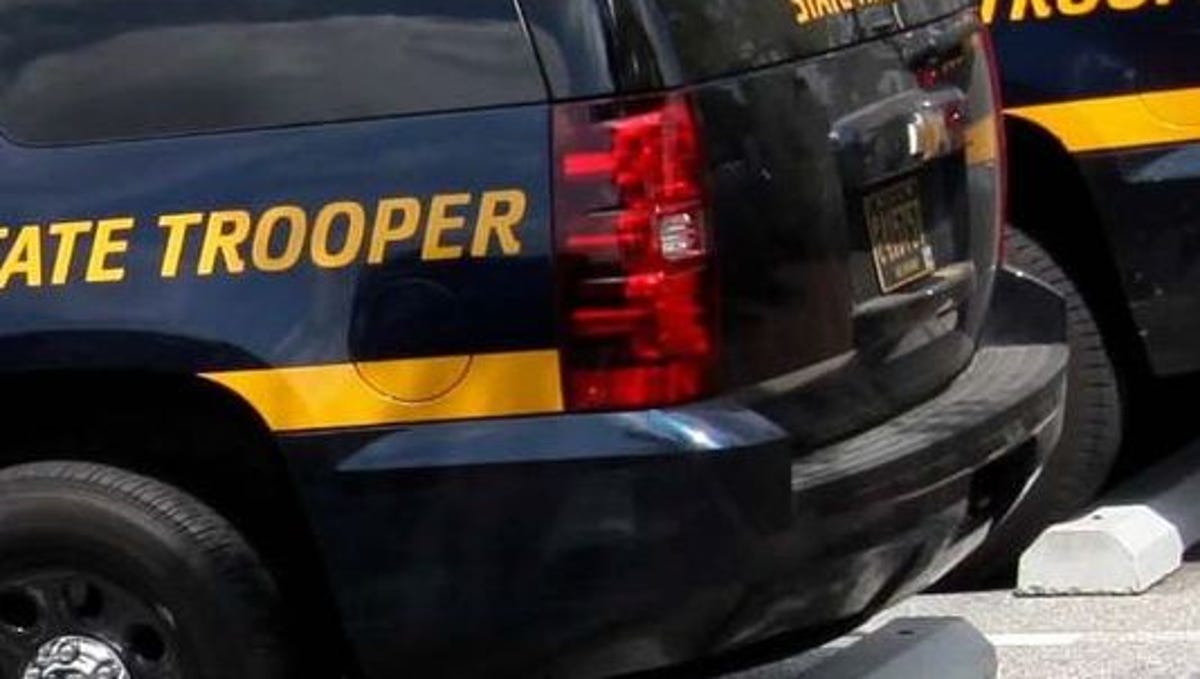Georgia
El Salvadorian man wanted on rape charges in New York arrested in Georgia

BARTOW COUNTY, Ga. – Adairsville police made a stunning discovery after pulling over a man driving with an expired license plate and without a driver’s license.
Police initiated a traffic stop on a black Dodge Charger at 8:04 p.m. on March 13.
The driver, identified as Horacio Bonilla-Garcia, told police he did not have a license, but pulled out an El Salvador ID card.
Bonilla-Garcia was arrested for driving while unlicensed. As the authorities were entering his information into the system, they noticed he had an active warrant through immigration for a violation pertaining to a prior deportation.
While he was being fingerprinted, police also learned there was an active felony warrant for his arrest in Suffolk County in the state of New York. Under the alias Marcelino Bonilla, he was wanted for rape-strong arm.
Bonilla-Garcia was taken to the Bartow County Jail without incident as he await extradition to New York.

Georgia
Georgia football star Rodarius Thomas being held without bail after arrest on family violence charges

Rodarius “Rara” Thomas will be away from the Georgia football team for the foreseeable future. The Bulldogs wide receiver was suspended indefinitely after he was booked into jail around 3:20 a.m. Friday, Athens-Clarke County jail records show.
Thomas was arrested on charges of cruelty to children and battery. He is being held without bail.
Thomas’ arrest marks the latest in a string of legal issues involving various members of the powerhouse college football team over the past several months.
This week’s arrest marks Thomas’ second in the past 18 months. University of Georgia Police arrested the wide receiver in January 2023 on a felony charge of false imprisonment and a misdemeanor count of family violence battery.
CLICK HERE FOR MORE SPORTS COVERAGE ON FOXNEWS.COM
Georgia wide receiver Rara Thomas was arrested on charges of cruelty to children and battery early Friday, July 26, 2024, in Athens, Ga., adding to the team’s recent legal woes. (AP Photo/George Walker IV, File)
Those charges were later dropped when Thomas entered a pretrial diversion program. Details about Friday’s arrest were not immediately available.
Georgia Athletic Association spokesperson Steven Drummond said the situation involving Thomas “is a pending legal matter. We will have no further comment at this point.”
TWO GEORGIA FOOTBALL PLAYERS ARRESTED ON BACK-TO-BACK NIGHTS ON RECKLESS DRIVING CHARGES
Georgia football head coach Kirby Smart spoke at Southeastern Conference media days July 16 about attempts to address repeated driving offenses by his players.

A Georgia Bulldogs helmet during the fourth quarter of a game against the Missouri Tigers at Sanford Stadium Nov. 4, 2023, in Athens, Ga. (Todd Kirkland/Getty Images)
Smart said players have been suspended and fined through the collective that provides name, image and likeness (NIL) payments to the school’s athletes. Smart’s policy is to not make public announcements when players are suspended.
“I don’t necessarily think it’s right to go down to the town square and publicly shame kids,” Smart said at SEC media days earlier this month. “When that happens, they go through a lot. And there’s a lot of remorse from these young men who’ve made mistakes. But our job is to educate. Continue to grow these young men.”
A team official confirmed the suspension of Thomas.

Sanford Stadium in Athens, Ga. (Scott Cunningham/Getty Images)
The Bulldogs open the season in Atlanta Aug. 31 in a matchup with the Clemson Tigers.
Georgia players have been involved in 24 driving-related violations (DUI, reckless driving or speeding), The Atlanta-Journal Constitution has reported, including a crash that killed a player and a recruiting staffer in January 2023.
CLICK HERE TO GET THE FOX NEWS APP
Georgia offensive lineman Devin Willock and recruiting analyst Chandler LeCroy were killed in a car crash on Jan. 15, 2023, just days after the Bulldogs won the national title game.
The Associated Press contributed to this report.
Follow Fox News Digital’s sports coverage on X, and subscribe to the Fox News Sports Huddle newsletter.
Georgia
Georgia woman charged with murder after unsupervised 4-year-old boy climbs into car, dies

A Georgia woman is facing murder charges after a 4-year-old boy died inside of a car, authorities say.
On July 24, the Georgia Bureau of Investigation arrestedKelsey Monaco, 30, a Fitzgerald resident, about 154 miles west of Savannah. The Fitzgerald Police Department asked the Georgia Bureau of Investigation to look into the death of the child.
Investigators said the child left his apartment unsupervised and made his way inside of a car.
The 4-year-old was then found unresponsive inside the car. He was taken to a local hospital, where he was pronounced dead, authorities said.
Monaco was taken into custody and booked at the Ben Hill County Jail.
USA TODAY reached out to authorities to find out Monaco’s relationship to the child and if the child died because the car was hot, but we have not heard back.
‘This can’t be real’: He left his daughter alone in a hot car for hours. She died.
Georgia woman charged with murder, investigation ongoing
Monaco is currently in custody at the Ben Hill County Jail.
Arrest records show that Monaco is facing the following charges:
- 1 count, first-degree child cruelty
- 1 count, felony murder
This investigation into the 4-year-old’s death remains active and ongoing. When the investigation is complete, the case will be transferred to the Cordelle Judicial District Attorney’s Office for prosecution, authorities said.
Anyone with information is asked to contact the Fitzgerald Police Department at 229-426-5000 or the GBI Regional Investigative Office in Perry at 478-987-4545. Anonymous tips can be submitted by calling 1-800-597-TIPS (8477), online at https://gbi.georgia.gov/submit-tips-online, or by downloading the See Something, Send Something mobile app.
Ahjané Forbes is a reporter on the National Trending Team at USA TODAY. Ahjané covers breaking news, car recalls, crime, health, lottery and public policy stories. Email her at aforbes@gannett.com. Follow her on Instagram, Threads and X (Twitter) @forbesfineest.
Georgia
CDC officials warning about rising dengue fever cases in Georgia

The Atlanta-based Centers for Disease Control and Prevention are reporting a growing number of cases of dengue fever infections in Georgia.
The agency says the disease is the most common mosquito-borne infection worldwide.
There have been almost 2,900 cases of the viral infection in the United States so far in 2024 – nearly as many as were reported in all of 2023. The CDC says there has also been a record number of cases worldwide.
In Georgia, there have been 20 reported cases – up from 16 earlier in July.
What is dengue?
Spread by mosquitoes, most cases of dengue in the United States are associated with travel to areas like the Virgin Islands, Puerto Rico, or other areas with high risk for tourists.
The CDC says most people never know if they have dengue because of a lack of symptoms.
For the 1 in 4 people who do feel sick after becoming infected, symptoms include fever, headache, skin itching and rash, vomiting, and muscle and joint pains.
In rare cases, people may get severe dengue, a medical emergency that can quickly get worse. Symptoms of this include belly pain, persistent vomiting, a bleeding nose or gums, and vomiting blood.
If you have any symptoms, talk to your doctor and share your recent travel history.
-

 World1 week ago
World1 week agoOne dead after car crashes into restaurant in Paris
-

 Midwest1 week ago
Midwest1 week agoMichigan rep posts video response to Stephen Colbert's joke about his RNC speech: 'Touché'
-

 News1 week ago
News1 week agoVideo: Young Republicans on Why Their Party Isn’t Reaching Gen Z (And What They Can Do About It)
-

 Movie Reviews1 week ago
Movie Reviews1 week agoMovie Review: A new generation drives into the storm in rousing ‘Twisters’
-

 News1 week ago
News1 week agoIn Milwaukee, Black Voters Struggle to Find a Home With Either Party
-

 Politics1 week ago
Politics1 week agoFox News Politics: The Call is Coming from Inside the House
-

 News1 week ago
News1 week agoVideo: J.D. Vance Accepts Vice-Presidential Nomination
-

 World1 week ago
World1 week agoTrump to take RNC stage for first speech since assassination attempt



















